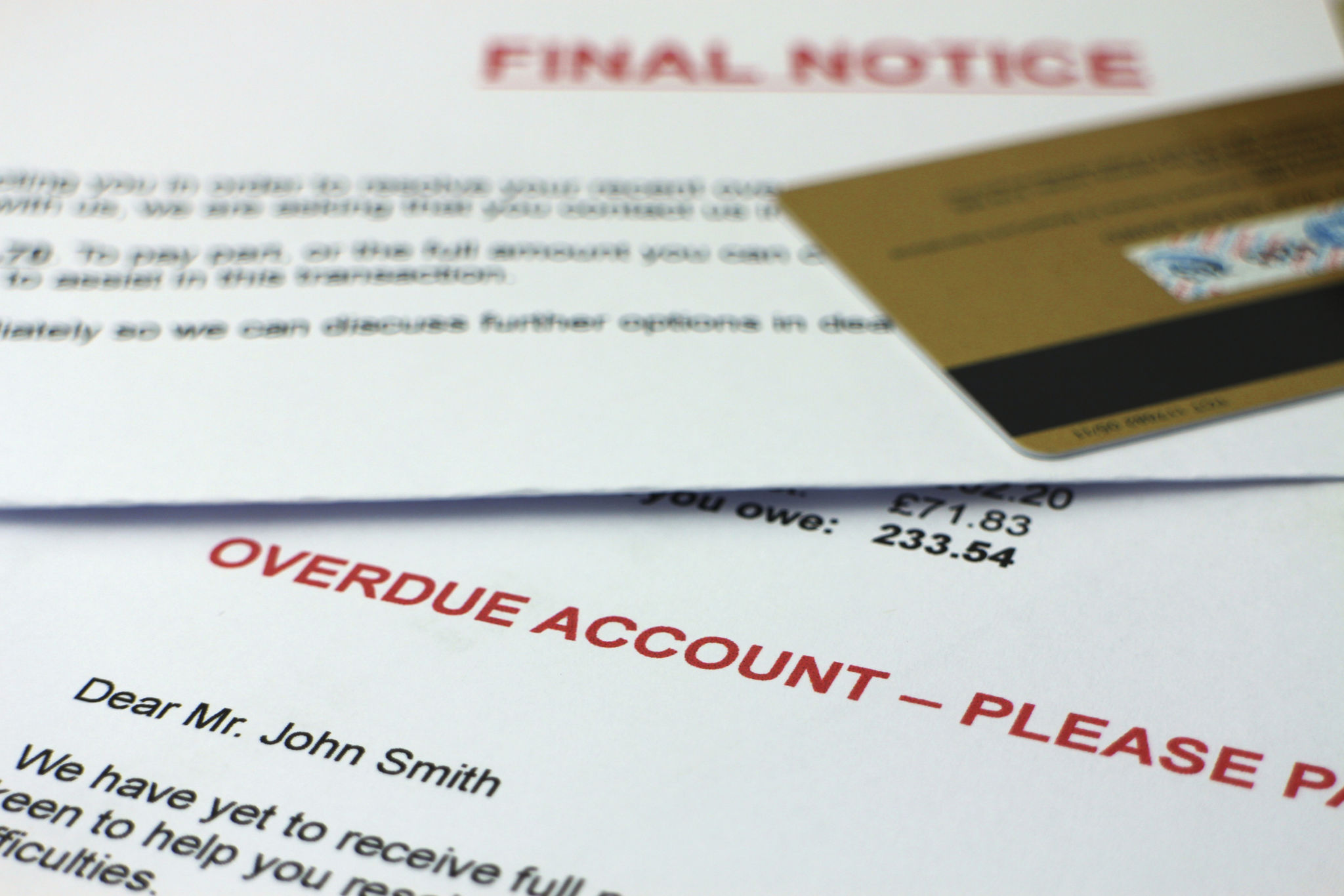Debunking the Myths Around Debt Validation
Understanding Debt Validation
Debt validation is a crucial aspect of managing personal finances, yet it is often surrounded by misconceptions. At its core, debt validation is a legal right that allows consumers to request verification from a debt collector, ensuring the legitimacy of the debt in question. Understanding this process can empower individuals to manage their financial obligations more effectively.

Myth 1: Debt Validation Eliminates Your Debt
One common myth is that debt validation can completely eliminate your debt. This is not true. The purpose of debt validation is to confirm the accuracy and legitimacy of the debt, not to erase it. If the debt is verified as valid, you are still responsible for repayment. However, if the collector cannot provide adequate proof, they cannot legally pursue collection.
Myth 2: Only Certain Debts Can Be Validated
Another misconception is that only specific types of debts can be validated. In reality, any debt that a collector tries to collect can be subject to a validation request. This includes credit card debts, medical bills, and even old student loans. Knowing your rights can help you navigate interactions with collectors more confidently.

The Process of Debt Validation
The debt validation process starts when a consumer requests information about the debt from the collector. This typically involves sending a written request within 30 days of the first contact from the collector. The collector must then provide documentation that proves the debt is legitimate and that they have the right to collect it.
Myth 3: Debt Collectors Always Provide Valid Proof
It's important to note that not all debt collectors will have the necessary documentation readily available. Sometimes, they may not have sufficient proof to validate the debt. In such cases, they must cease collection efforts until they can provide the required information. This highlights the importance of consumers exercising their rights.

Common Misunderstandings About Timelines
Many people believe that there is a strict timeline for how long creditors have to validate a debt. While consumers must request validation within 30 days, there isn't a specific deadline for creditors to respond. They must stop collection attempts until they can provide verification, which could take time depending on the complexity of the case.
Myth 4: Debt Validation Harms Your Credit Score
Another prevalent myth is that requesting debt validation will negatively impact your credit score. This is false. The process of validating a debt is separate from how debts are reported to credit bureaus. It does not directly affect your credit score, but failing to address verified debts could lead to negative entries if left unresolved.
Conclusion: Empowering Consumers Through Knowledge
Debunking these myths around debt validation is vital for empowering consumers to take control of their financial health. By understanding the rights and processes involved, individuals can make informed decisions and potentially avoid unnecessary financial stress. Remember, knowledge is power when it comes to managing your debts effectively.